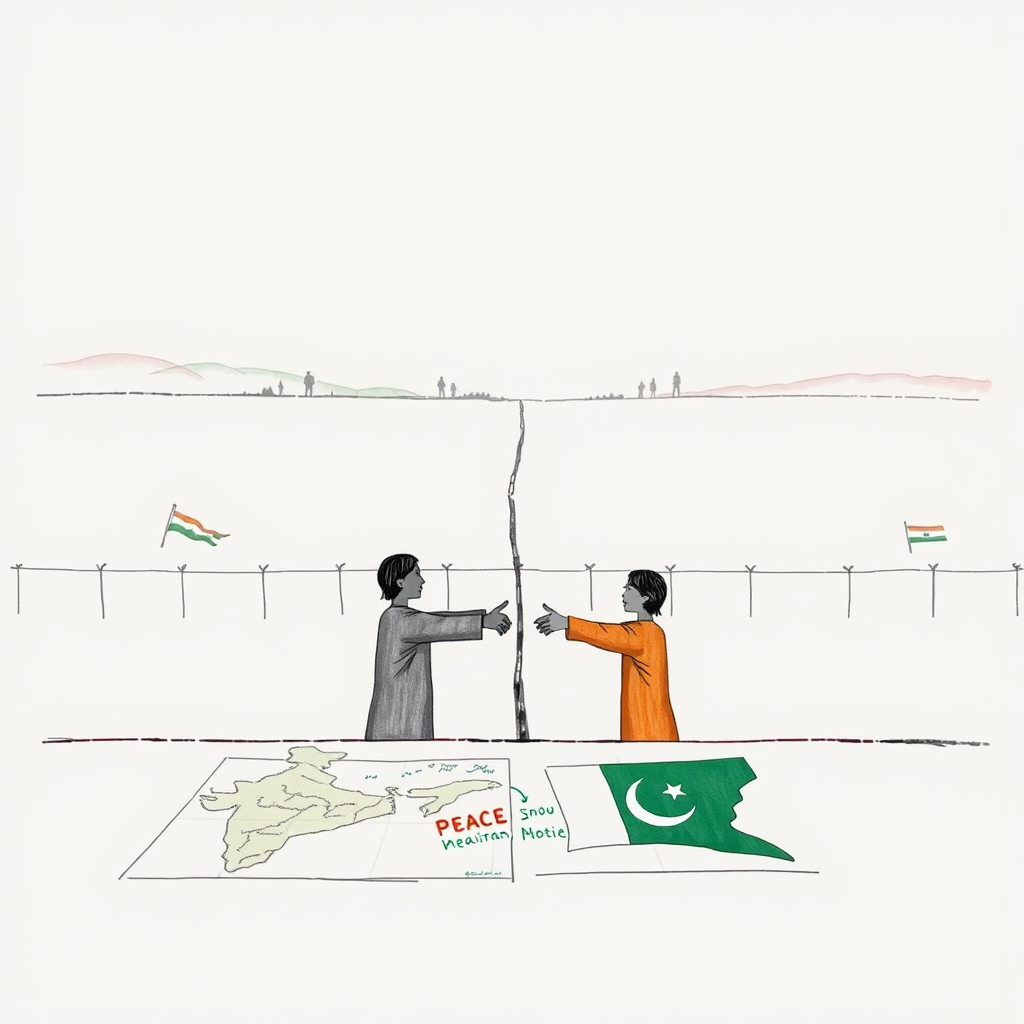Will Tensions Resume After Ceasefire Pause

The fragile peace between India and Pakistan has persisted for a second consecutive day, marking a respite from what experts have described as the most intense conflict between the two nuclear-armed neighbors since the 1971 war. However, the fragile calm is overshadowed by India’s recent decision to suspend a crucial water-sharing agreement, a move that could exacerbate tensions in the long run.
The current ceasefire is a welcome development, but it is essential to recognize that it is just a temporary pause in a long-standing dispute. The suspension of the Indus Waters Treaty, a decades-old agreement that has been instrumental in managing water resources between the two countries, adds another layer of complexity to an already volatile situation. This treaty has been a beacon of cooperation in an otherwise contentious relationship, and its suspension could have far-reaching consequences.
While the ceasefire is a step in the right direction, it is crucial for both countries to engage in meaningful dialogue to address the root causes of their disputes. The international community should also play a role in facilitating these discussions, ensuring that any agreement reached is sustainable and beneficial for both parties. Only through sustained effort and a commitment to peace can the region hope to break free from the cycle of conflict and violence.